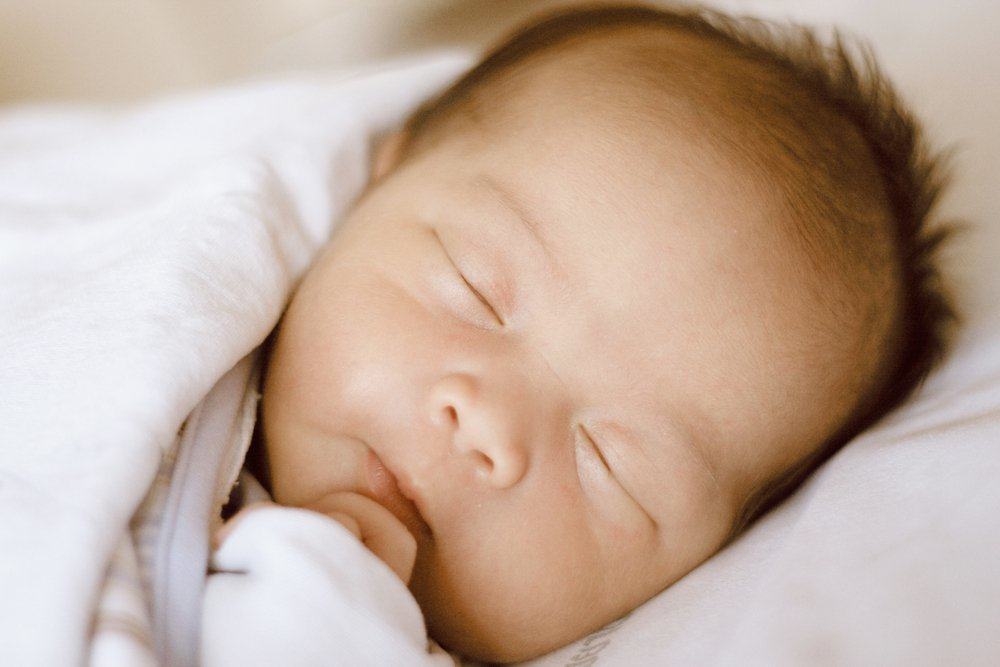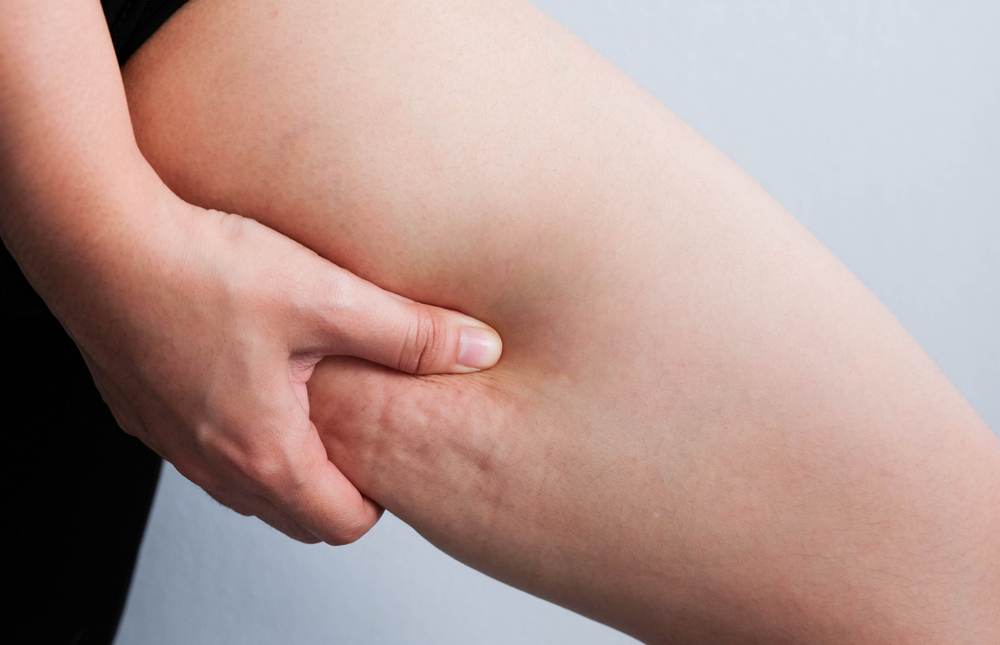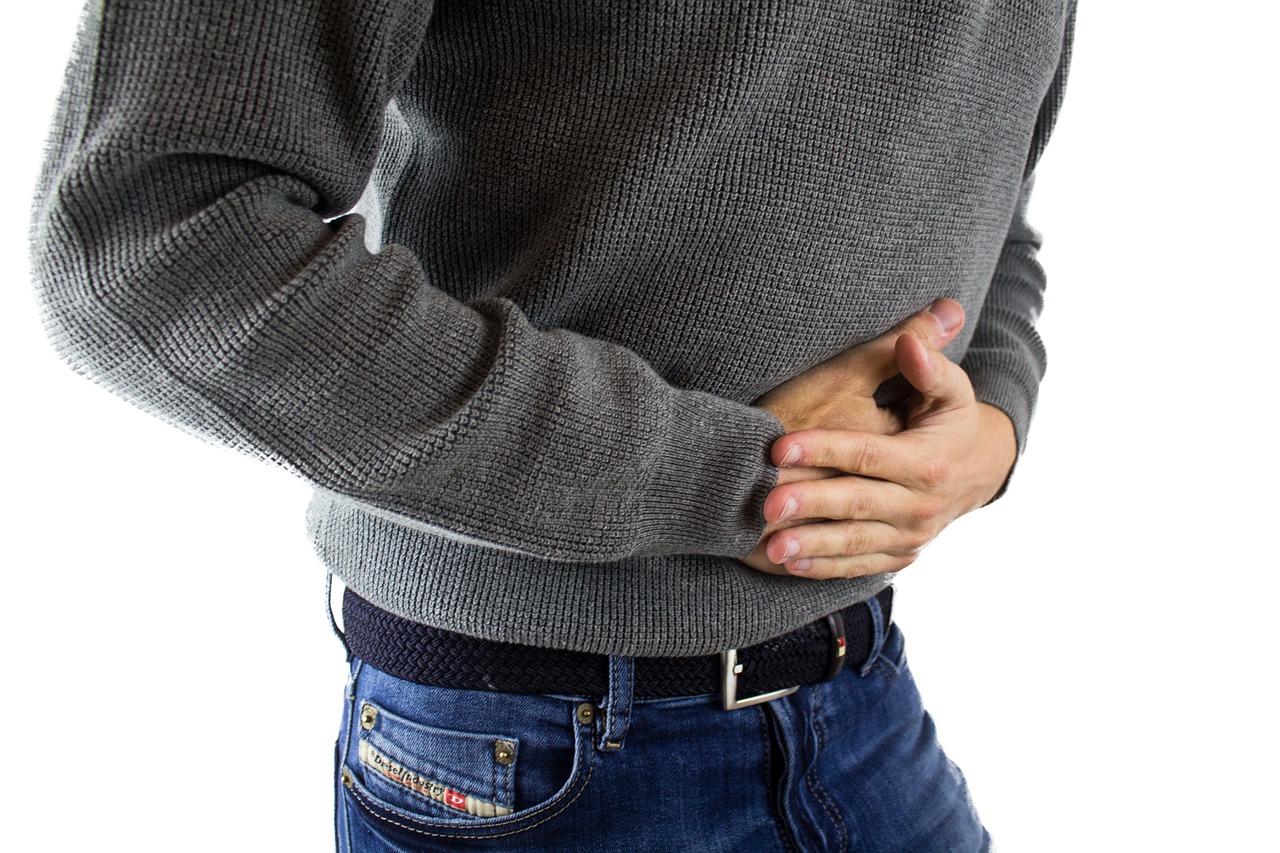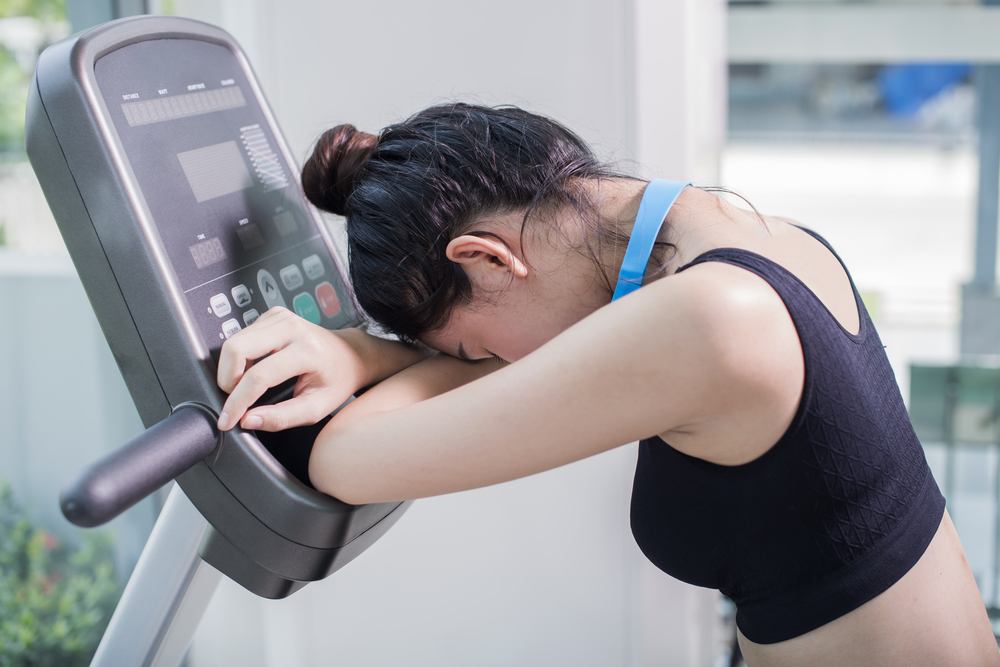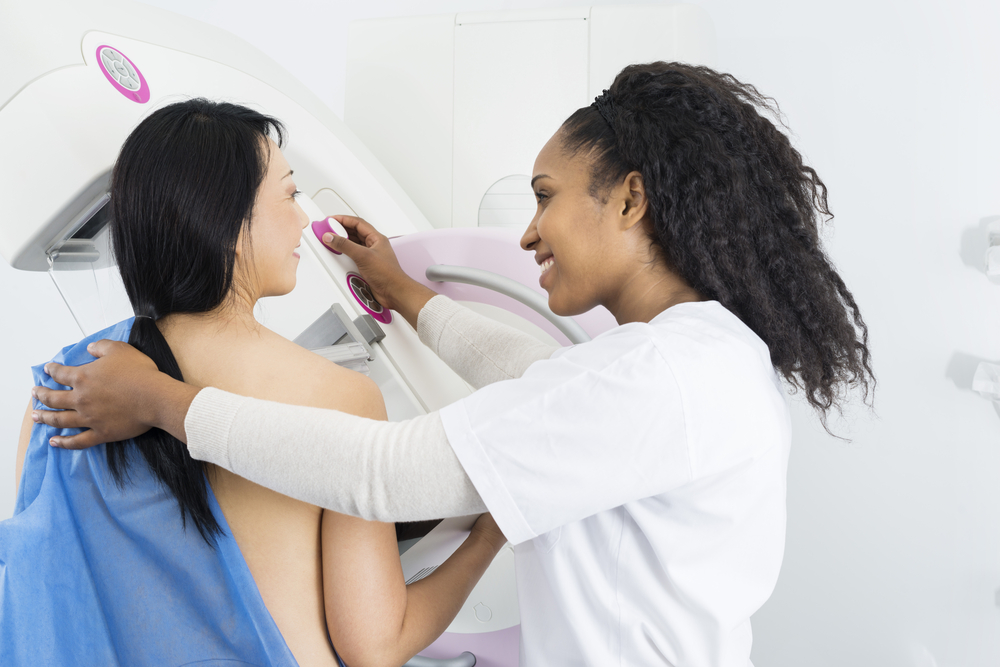Contents:
- Medical Video: Preventing Sudden Infant Death Syndrome
- What can be the cause of SIDS?
- 1. Delay in baby's development
- 2. Low birth weight
- 3. Baby sleeping position
- 4. Hyperthermia (heat)
- What can be done to prevent SIDS?
Medical Video: Preventing Sudden Infant Death Syndrome
Surely you've heard the story, or even happened around you, about a newborn who suddenly dies suddenly without knowing what caused it. This sudden death in newborns is known by the name sudden infant death syndrome (sudden infant death syndrome) or commonly abbreviated as SIDS.
Babies who are less than one year old and in good health suddenly die when they sleep without knowing the cause. Many things can be the cause of this SIDS. There are those that connect it with abnormalities in the part of the brain that regulates the baby's breathing, the baby's sleep conditions that inhibit his breathing, and other things.
What can be the cause of SIDS?
SIDS has become the leading cause of death in infants aged 30 days after birth. However, the true cause of SIDS still cannot be known with certainty. SIDS may occur due to various factors.
1. Delay in baby's development
A hypothesis reveals that SIDS may be caused by a delay or abnormality in the development of nerve cells in the brain that are important for normal heart and lung function. Research in the brains of babies who die from SIDS shows that there is a delay in the development and functioning of some serotonin binding nerve pathways in the brain. This nerve pathway is considered important to regulate breathing, heart rate, and blood pressure response when you wake up from sleep.
This developmental disorder has a negative impact when the baby sleeps. A normal baby will wake up when something disturbs him during sleep. For example, there are things that block the airway during sleep, the baby will automatically move parts of his body to a more comfortable place or the baby will wake up. However, in infants with abnormalities, reflexes that control breathing and wake up from sleep experience interference, so that the baby cannot overcome the problem while sleeping.
2. Low birth weight
Babies born with low body weight usually occur in babies born prematurely or in twins. Babies with this condition tend to have immature brains, so babies have less control over their breathing and heart rate.
3. Baby sleeping position
Babies who sleep face down or sleep on their side tend to have difficulty breathing. When the baby is facedown, the movement of air in the mouth becomes disturbed due to the narrowing of the airway. This causes the baby to breathe the carbon dioxide that he just exhaled, so that the oxygen level in the baby's body becomes less, and finally the baby can die. In addition, objects that are on the bed when the baby sleeps, such as pillows, blankets, dolls, or toys can also cover the baby's mouth and nose, resulting in disruption of the baby's breathing during sleep.
4. Hyperthermia (heat)
Baby clothes that are too thick and closed, or hot room temperatures can increase a baby's metabolism, so the baby can lose breathing control. However, hot temperatures as a cause of SIDS have not been well explained, whether this is a factor that can actually cause SIDS or just a factor that describes the use of clothing or blankets that block baby's breathing.
What can be done to prevent SIDS?
To reduce the risk or prevent SIDS in your baby, you can do the things below.
- Place the baby on his back while sleeping. This position will not block the baby's airway, so the baby does not experience respiratory problems during sleep. Choose a supine position compared to the face down position whenever the baby is sleeping.
- Do not place various objects on a child's bed. Stay away from babies from pillows, blankets, dolls, toys or anything else when the baby sleeps. These objects can block the baby's mouth and nose as an airway, so the baby can experience shortness of breath while sleeping.
- If you can, the baby should sleep alone in his bed that is close to you. When a baby sleeps on the same bed as his parents, this can limit the baby's movement and may also interfere with the baby's breathing.
- Stay away from your baby from cigarettes. Babies born to mother smokers and die of SIDS occur three times more often than babies born to non-smokers. Smoking during pregnancy is a major risk factor for SIDS, and cigarette smoke inhaled babies can also increase the incidence of SIDS in infants.
- Give your baby breast milk as long as you can. Baby breastfeeding is proven to reduce the risk of SIDS in infants by 50%. Some experts believe that breast milk can protect babies from infections that can increase the risk of SIDS. Also, it's best not to drink alcohol when you breastfeed because alcohol can increase your baby's risk of SIDS.
- Give your baby complete immunization. Evidence shows that infants who receive immunizations according to recommendations can reduce their risk of SIDS by 50% compared to babies who do not receive complete immunization.
- Keep your baby from overheating. Overheating can increase a baby's risk of experiencing SIDS. It's best to always keep the temperature of your baby's room, avoid wearing clothes that are too thick or blankets if the baby is overheating, and wear comfortable sleepwear when the baby is sleeping.
- Do not give honey to babies under the age of 1 year. Honey can cause babies to suffer from botulism. Botulism and bacteria that cause botulism can be associated with SIDS events in infants.
READ ALSO
- Various Causes of Babies Don't Sleep, and How to Overcome It
- Finding Out the Meaning of Your Baby's Cry
- Causes of Constipation and Diarrhea in Newborns

